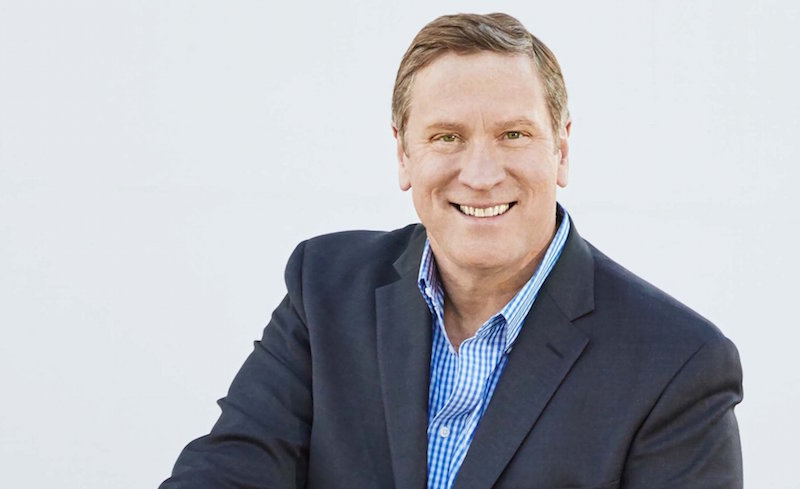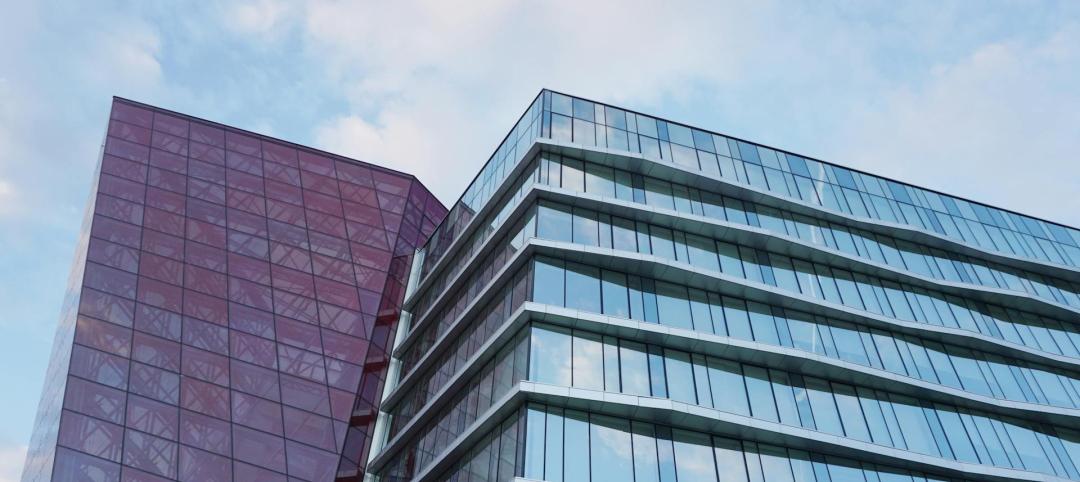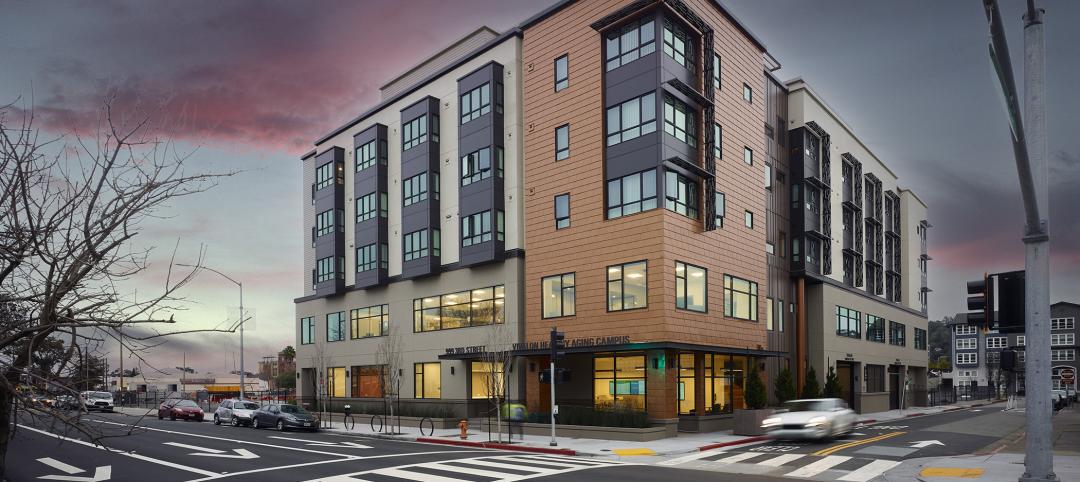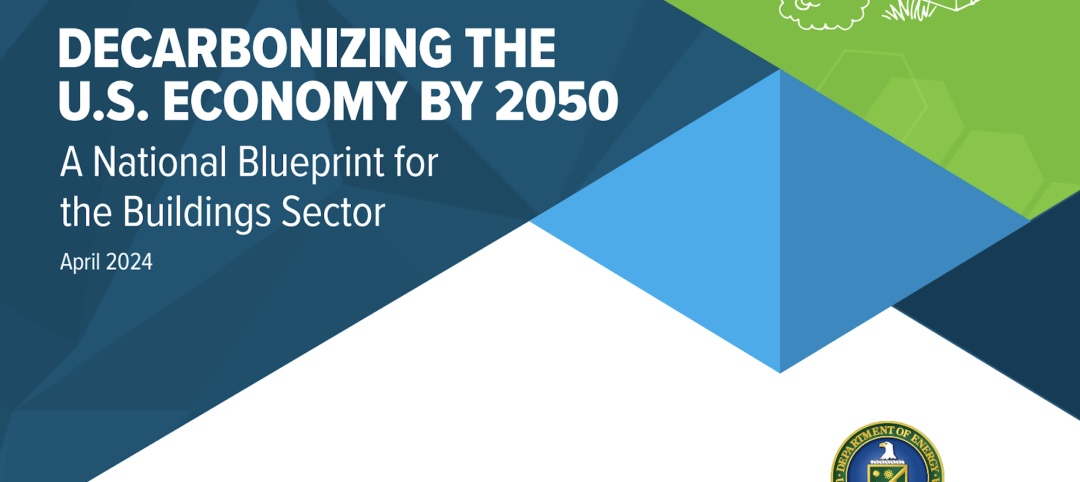Washington, D.C. (July 6, 2016) – U. S. Green Building Council (USGBC) CEO and founding Chairman Rick Fedrizzi is joining the International WELL Building Institute as CEO and Chairman of its Board of Directors. Fedrizzi will assume the position of Chairman immediately and assume the CEO role November 4, 2016, when he will add his executive leadership to the IWBI team full-time after he steps back from USGBC.
IWBI administers the WELL Building Standard (WELL), an evidence-based system for measuring, certifying, and monitoring the performance of building features that impact health and well-being.
“As we continue to grow and expand the adoption of both the WELL Building Standard and the WELL Accredited Professional (WELL AP) program globally, we enthusiastically welcome Rick Fedrizzi into this leadership role to help lead IWBI to new heights,” said IWBI Founder Paul Scialla. “I can’t think of a person better suited to lead this process than Rick. His management experience and global vision will be huge assets to IWBI, and we couldn’t be more excited to have him.”
“I’m very excited about the opportunity to take on a leadership role with IWBI and build upon the work we’ve been doing at USGBC,” said Fedrizzi, who announced last summer his plans to leave the USGBC, which he co-founded in 1993. “Our buildings and communities should help humans thrive. Sustainability plus health is a powerful lens through which to view the world, and WELL has approached this goal in a similar way to how we developed the LEED green building program.
“Leveraging the strengths of both USGBC and IWBI will advance a much needed change in the improvement of the wellness and quality of life of our families, friends and colleagues through a healthier, more sustainable built environment,” added Fedrizzi.
The WELL Building Standard V1 was introduced in October 2014. To date, WELL has registered and certified over 200 projects, totaling more than 45 million square feet across 21 countries.
Fedrizzi co-founded USGBC while he was environmental marketing director at United Technologies Corporation. He has served as USGBC’s CEO since 2004, and during the past decade, has led USGBC’s efforts to establish green building as a global mainstream movement. During his 12 years as CEO, he has championed the idea of improving the world’s building stock in ways that improve the health, safety and well-being of the people who occupy them, and has been a force for driving collaboration across the built environment continuum.
Fedrizzi serves on numerous boards and advisory committees, including the Center for Health and the Global Environment at the Harvard T.H. Chan School of Public Health, whose mission is focused on the design and development of leading-edge research on how to improve human health and well-being through the built environment, as well as Bank of America’s National Community Advisory Council, Clinton Global Initiative’s Scaling Sustainable Buildings Action Network, Delos’ Advisory Board, Watsco, Energy Focus, VIEW, and Global Green. In 2015, he authored Greenthink: How Profit Can Save the Planet, which recently received the IPPY Gold Medal in the Public Affairs Category.
Fedrizzi holds a BA from Le Moyne College and an MBA from Syracuse University, where he recently received the Arents Award. A native of Syracuse, he spent more than 25 years at United Technologies Corporation, culminating in his role as in-house environmental marketing consultant. In 2001 Rick founded Green-Think, an environmentally focused marketing and communications consulting firm. He transitioned from the role of volunteer founding chair of USGBC during this time to becoming its full-time CEO in 2004.
About the International WELL Building Institute
The International WELL Building Institute (IWBI) is a public benefit corporation whose mission is to improve human health and well-being through the built environment. IWBI administers the WELL Building Standard (WELL) – a performance-based system for measuring, certifying, and monitoring features of buildings that impact the health and well-being of the people who live, work, and learn in them. Fulfilling the vision of IWBI Founder Paul Scialla, IWBI has a pioneering altruistic capitalism model that will address social responsibility and demonstrate a sustainable model for philanthropy. IWBI has committed to direct 51% of net profits, after taxes, generated by registration fees, certification fees, and recertification fees received from real estate projects applying for WELL Certification toward charitable contributions and impact investment focused on health, wellness, and the built environment. IWBI was established by Delos in 2013 pursuant to a Clinton Global Initiative commitment to improve the way people live by developing spaces that enhance occupant health and quality of life by sharing the WELL Building Standard globally. www.wellcertified.com
Related Stories
HVAC | May 28, 2024
Department of Energy unveils resources for deploying heat pumps in commercial buildings
To accelerate adoption of heat pump technology in commercial buildings, the U.S. Department of Energy is offering resources and guidance for stakeholders. DOE aims to help commercial building owners and operators reduce greenhouse gas emissions and operating costs by increasing the adoption of existing and emerging heat pump technologies.
Resiliency | May 24, 2024
As temperatures underground rise, so do risks to commercial buildings
Heat created by underground structures is increasing the risk of damage to buildings, recent studies have found. Basements, train tunnels, sewers, and other underground systems are making the ground around them warmer, which causes soil, sand, clay and silt to shift, settle, contract, and expand.
Senior Living Design | May 16, 2024
Healthy senior living campus ‘redefines the experience of aging’
MBH Architects, in collaboration with Eden Housing and Van Meter Williams Pollack LLP, announces the completion of Vivalon’s Healthy Aging Campus, a forward-looking project designed to redefine the experience of aging in Marin County.
Sustainability | May 10, 2024
Perkins&Will’s first ESG report discloses operational performance data across key metrics
Perkins&Will recently released its first ESG report that discloses the firm’s operational performance data across key metrics and assesses its strengths and opportunities.
Sustainable Development | May 10, 2024
Nature as the city: Why it’s time for a new framework to guide development
NBBJ leaders Jonathan Ward and Margaret Montgomery explore five inspirational ideas they are actively integrating into projects to ensure more healthy, natural cities.
K-12 Schools | May 7, 2024
World's first K-12 school to achieve both LEED for Schools Platinum and WELL Platinum
A new K-12 school in Washington, D.C., is the first school in the world to achieve both LEED for Schools Platinum and WELL Platinum, according to its architect, Perkins Eastman. The John Lewis Elementary School is also the first school in the District of Columbia designed to achieve net-zero energy (NZE).
K-12 Schools | Apr 30, 2024
Fully electric Oregon elementary school aims for resilience with microgrid design
The River Grove Elementary School in Oregon was designed for net-zero carbon and resiliency to seismic events, storms, and wildfire. The roughly 82,000-sf school in a Portland suburb will feature a microgrid—a small-scale power grid that operates independently from the area’s electric grid.
75 Top Building Products | Apr 22, 2024
Enter today! BD+C's 75 Top Building Products for 2024
BD+C editors are now accepting submissions for the annual 75 Top Building Products awards. The winners will be featured in the November/December 2024 issue of Building Design+Construction.
Codes and Standards | Apr 12, 2024
ICC eliminates building electrification provisions from 2024 update
The International Code Council stripped out provisions from the 2024 update to the International Energy Conservation Code (IECC) that would have included beefed up circuitry for hooking up electric appliances and car chargers.
Codes and Standards | Apr 8, 2024
First federal blueprint to decarbonize U.S. buildings sector released
The Biden Administration recently released “Decarbonizing the U.S. Economy by 2050: A National Blueprint for the Buildings Sector,” a comprehensive plan to reduce greenhouse-gas (GHG) emissions from buildings by 65% by 2035 and 90% by 2050.

















